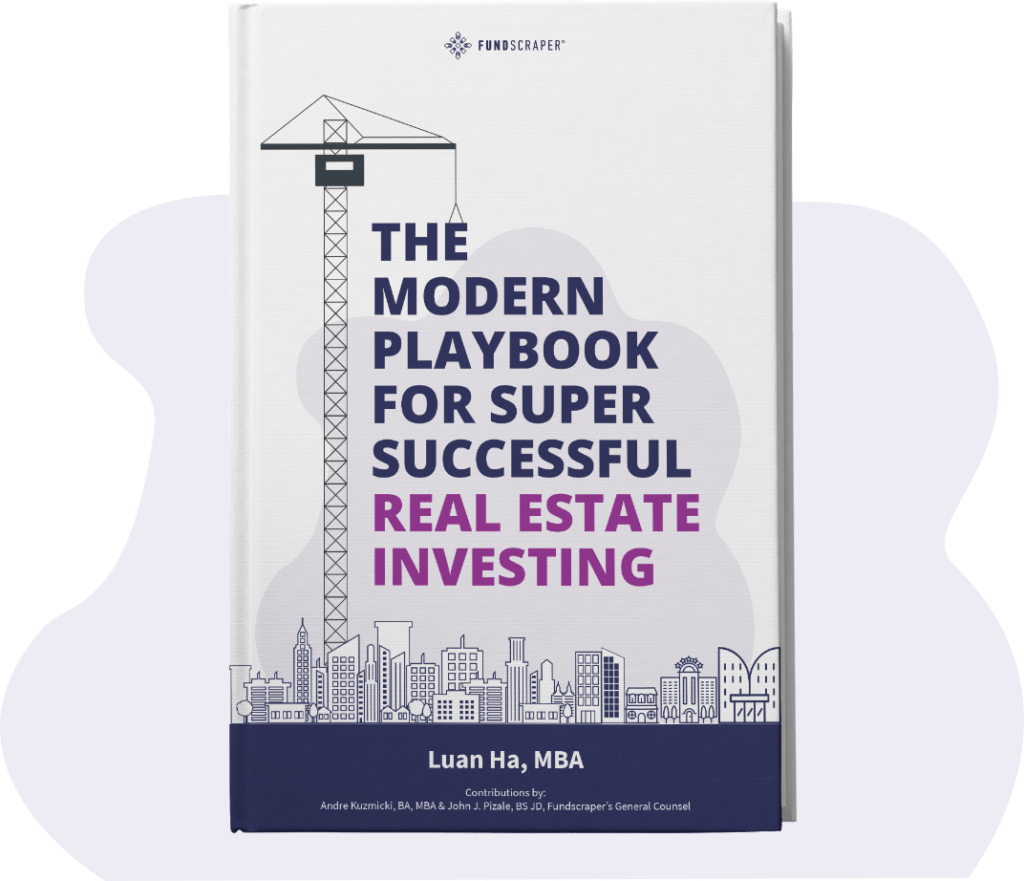When you think of the words “passive income,” people often picture a man or woman sitting on the beach with a margarita in hand, watching their bank balance rise. However, unless you stumbled into a large inheritance, for most people, this is not reality. Passive income, like all forms of income, requires time and effort — it doesn’t just happen overnight! Now that we’ve squashed your financial fantasy, let’s talk about what passive income really is.
Key Points
- One of the biggest benefits of real estate investment is that it’s a source of passive income. Our team put together a guide on the different ways to get started. It’s time to make real estate investing your new side hustle!
- Income can be divided into two main categories: Active and Passive.
- Unlike REITs, where your investment is placed in physical properties, with a MIC, your investment is placed in property mortgages.
Active Income vs. Passive Income
Income can be divided into two main categories: Active and Passive. Active income is earned by exchanging services — including wages, taips, salaries, and business income — for money. Passive income is divided into two subcategories: real estate and portfolio income. Unlike active income, passive income requires little to no involvement in the generation of income and is typically earned on an ongoing basis.
Understanding that everyone has different preferences, needs, and risk tolerances, we’ve compiled a list of ways real estate can help you earn passive income to achieve your investment goals.
Real Estate Investment Trusts (REITs)
REITs are one of the most popular real estate investment vehicles amongst Canadians and come in many shapes and sizes. They’re trusts that passively hold interests in real property, with at least 75% of the trust’s revenue coming from rent or mortgage interest from Canadian properties, as well as capital gains from the sale of such properties. Modelled after mutual funds, REITs are the next closest thing to owning real estate and finance a wide variety of buildings, including many shopping malls, office buildings, and apartment complexes.
Unlike traditional mortgages, REITs offer broad diversification with both equity and debt investment opportunities. Equity REITs derive most of their revenue from rent collection and can be found on both the public stock exchange, as well as in public non-traded and private markets. Debt REITs earn most of their money from interest earned in their investments in mortgages and mortgage-backed securities and tend to do better than equity REITs when interest rates are rising.
Unit Trusts
Many Canadians use unit trusts as structured vehicles to invest in real estate and share returns. By investing into a unit trust, your investments are handled by a fund manager who then uses its expertise to invest your money into a portfolio of assets. At Fundscraper, this is our bread and butter, with the Fundscraper Property Trust (FPT) offering Canadians the opportunity to invest in pooled mortgages. Pooled Mortgages consist of one or more mortgages that offer a similar return and loan-to-value ratio, meaning that you can invest in numerous mortgages that align with your risk appetite through one transaction. Our investors earn a monthly return between 6-11%, without having to lift a finger or visit a property. Intrigued? Learn more about the Fundscraper Property Trust here!
Mortgage Investment Corporations (MICs)
MICs offer investors an opportunity to pool their money and buy shares in their MICs. Since they invest directly in mortgages rather than property, MICs are less susceptible to the same unforeseen issues that may arise in physical properties. Additionally, a MIC may invest up to 25% of its assets directly in real estate, but may not develop land or engage in construction, and must have at least 20 shareholders.
Unlike REITs, where your investment is placed in physical properties, with a MIC, your investment is placed in property mortgages.
Mortgages
For many, the “M” word can seem like more of a burden than an investment. But in reality, it’s an investment into what a building owner needs to buy a home. Homeownership allows you to build equity and in many cases, real estate will appreciate, depending on the local market conditions. Investing in a mortgage, especially someone else’s, means that you are essentially taking on the role of a lender and the borrower must repay the loan with interest, usually each month. If chosen properly, these monthly principal and interest payments can offer a steady and predictable stream of income.
Mortgages are the most common and significant type of debt held by Canadians. Approximately 40% of Canadians have a mortgage.
Syndicate Mortgages
Syndicate mortgages have two or more investors investing in one specific mortgage, pooling their resources together to own a “piece of the pie.” When you invest your money into a syndicate mortgage, you become a secured lender and are recognized as a part-owner of the mortgage. It’s a fairly straightforward arrangement, and investors hold in proportion to what they contributed.
While it can be a great investment opportunity, it’s also important to note that there is no guarantee that the project will pay off. Syndicate members are generally expected to be sophisticated mortgage investors as they are not relying on the efforts of anyone else for a return on their investment. Investing in mortgage syndicates is for experienced mortgage investors only!
One of the oldest real estate “plays” is buying an additional property to earn passive income.
Buying Income Producing Properties
Whether it’s buying a student house in a university town or renting out a duplex in a residential area, owning a property can be lucrative, but typically requires lots of planning, management, and a large down payment. Standard bank financing will typically top out at 75% loan-to-value. While property management isn’t for everyone, for the few willing to do the homework, owning and managing an income property can complement an investment portfolio geared to generate income.
Start Investing in Real Estate Backed Investments Today
Explore the investments available on Fundscraper.










